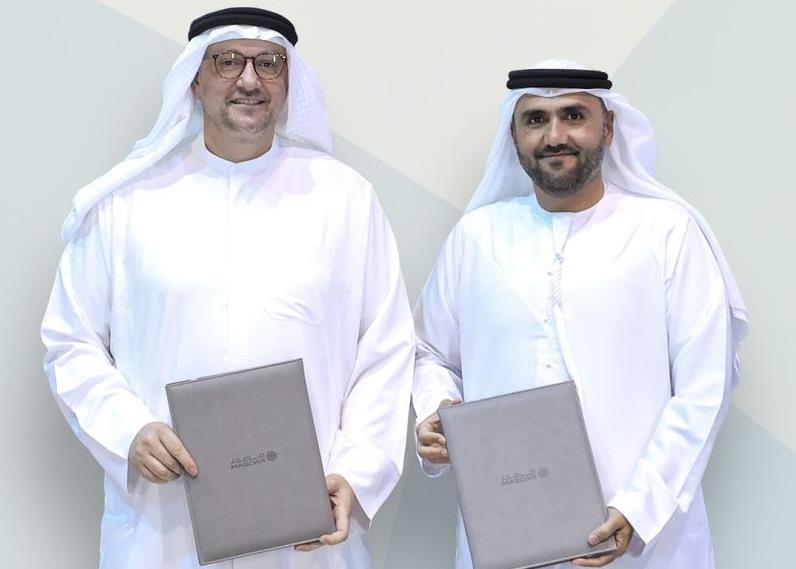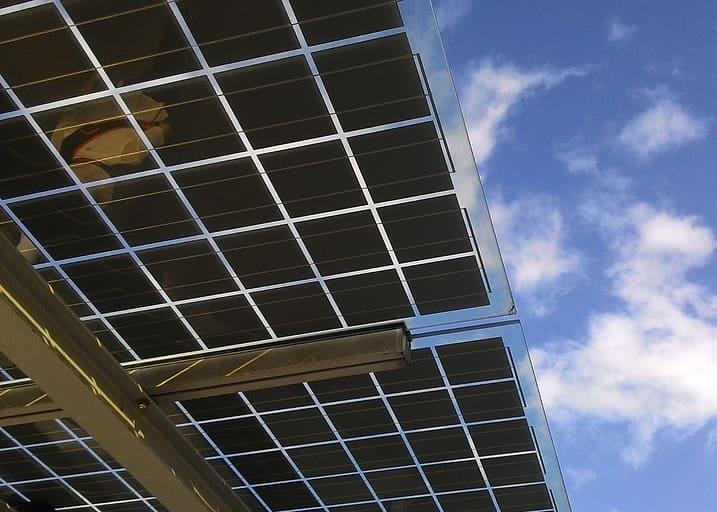
International banks dealing in Islamic finance are moving beyond their traditional diet of straightforward short-term trade financing and gearing up to compete on a broader range of more sophisticated, longer term Islamic transactions. Many report an accelerated movement into medium- term packages, sparked by a growing appetite from Islamic investors.
A prime example is the new four-year Islamic trade financing transaction in Turkey, arranged by ANZ Grindlays Bank in London and signed on 18 April. It is the longest structured Islamic trade finance transaction arranged so far by ANZ's Islamic finance unit, and the bank says it is actively pursuing more medium-term transactions of this nature.
The deal, worth $20 million, is for the purchase of 150 Macedonian-made buses for Izmir municipality. Finance is being provided by a Saudi Arabian bank. The purchase will be repaid by bus rental fees guaranteed by the Turkish treasury.
It is the second major medium-term Islamic deal arranged by ANZ in the past four months. A three-year, $300 million Islamic financing based on the sale of platinum was drawn down in January (MEED 7:1:94). ANZ is expanding its Islamic unit, and recently appointed Richard Duncan to develop new Islamic financial products (MEED 29:4:94).
Other Islamic financing institutions are also looking to the medium term. Saudi Arabia's Al-Rajhi Banking & Investment Corporation, which was involved in the platinum transaction with ANZ, has also reported a rise in longer deals on its books in the past year.
Sophisticated
Islamic institutions, whose funding is highly liquid, used to be viewed only as suppliers of short-term trade finance, says Al-Rajhi treasurer Collin Willis. But they have become more sophisticated and are developing a broader range of products which allows them to make longer term transactions.
Islamic banks are also taking a much more active role in balance sheet management, Willis says. There is a greater awareness among Islamic institutions that a good three-year deal can be a better risk than a series of three- month transactions, he says. About 10 per cent of Al-Rajhi's assets are now in the three to five-year band. 'We are viewing investments on a much broader front. If there is a good five-year deal, we are happy to look at it,' Willis says.
International banks are also stepping up the range of deals on offer, and the movement is investor-led. 'We are now being asked by our Islamic clients to locate and structure investment opportunities in excess of five years,' says Stella Cox, manager of Kleinwort Benson's (KB's) Middle East and trade finance department. 'We are currently developing more medium- term packages, including syndicated trade deals and leasing transactions involving assets such as aircraft and property. Project finance is also high on the agenda,' she says.
KB has previously concentrated on Islamic trade financing of up to one year and this sector is still a staple. The level of transactions rose by 15 per cent in 1993 to more than $4,000 million. However, according to Cox: 'Just offering short-term trade finance is not going to be adequate in the future to enable Islamic investors to develop the balanced portfolios they want.'
You might also like...

Neom seeks to raise funds in $1.3bn sukuk sale
19 April 2024

Saudi firm advances Neutral Zone real estate plans
19 April 2024

Algeria signs oil deal with Swedish company
19 April 2024

Masdar and Etihad plan pumped hydro project
19 April 2024
A MEED Subscription...
Subscribe or upgrade your current MEED.com package to support your strategic planning with the MENA region’s best source of business information. Proceed to our online shop below to find out more about the features in each package.




